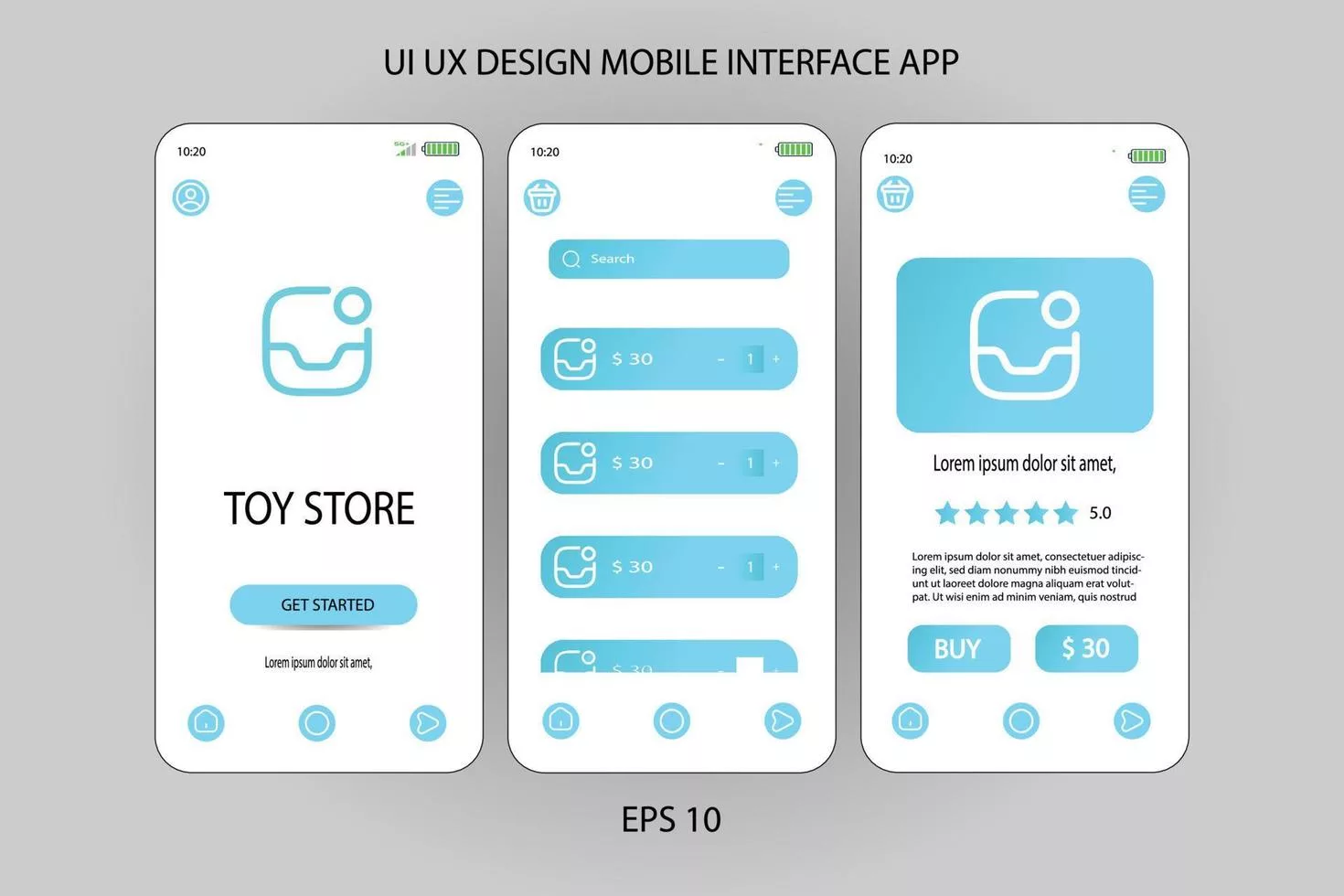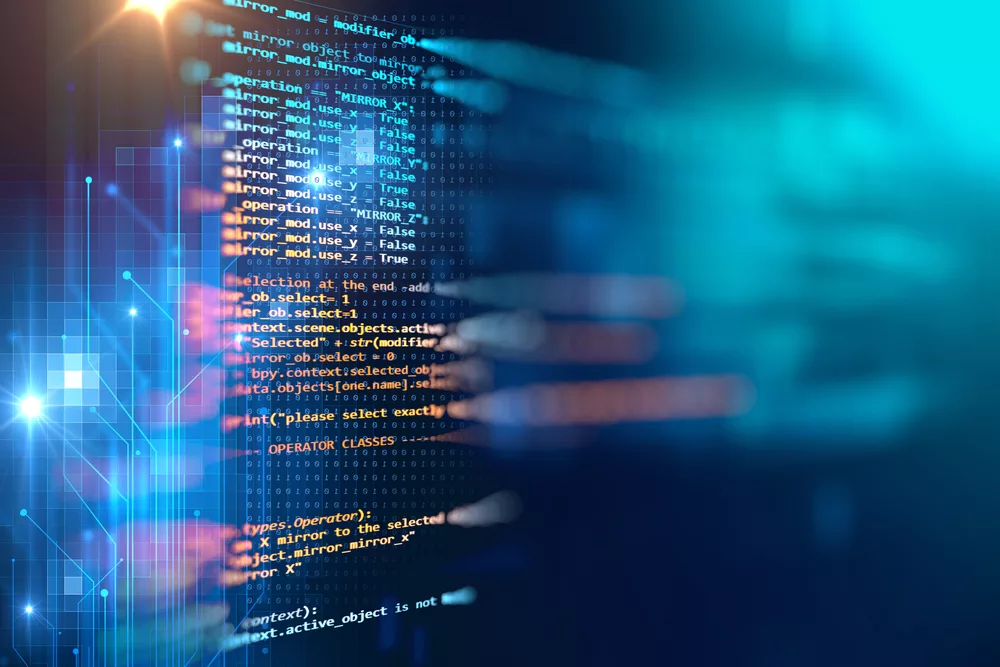Artificial intelligence (AI) is one of the most transformative technologies in history. It has revolutionized industries like healthcare and finance and has also had a huge impact on manufacturing. This blog post will explore how a DevOps team can use AI to improve their processes. We’ll also discuss some of the challenges of using AI in manufacturing and offer solutions for overcoming them.
What is artificial intelligence?
Artificial intelligence (AI) is a subset of machine learning, which is a subset of artificial intelligence. Machine learning is a process where AI “learns” by analyzing data. This can be done through supervised or unsupervised methods.
There are many uses for AI today, such as:
-Autonomous vehicles: Autonomous cars rely on AI to decide how to move around obstacles on the road.
-Intelligence augmentation: Intelligence augmentation is when AI becomes an additional tool in your digital arsenal. It can improve your productivity or help you make better decisions.
-Chatbots: Chatbots use natural language processing and digital voice recognition to help you with tasks like customer service or automated research.
How can a DevOps team take advantage of artificial intelligence?
Artificial intelligence can help a DevOps team automate and improve the process of developing and deploying software. AI can identify patterns in data, make recommendations for improvements, and carry out complex commands automatically. AI can also help managers track the status of projects and identify potential issues early on.
DevOps teams can use artificial intelligence to reduce the time spent on repetitive tasks, such as reviewing code or testing software. AI can also suggest changes to existing procedures or create new ones entirely. In addition, AI can help developers find errors faster by identifying problems humans might not see.
AI is not a silver bullet for improving DevOps processes; it will require collaboration between humans and machines. However, with the right tools and training, teams can reap the benefits of automation and increased efficiency.
What are the benefits of using artificial intelligence in a DevOps team?
There are many benefits of using artificial intelligence in a DevOps team. Artificial intelligence can help automate tasks and make decisions faster than humans, reducing the need for human input. It can also help identify patterns and trends in data so that teams can make better-informed decisions. Additionally, AI can help develop and improve processes across the DevOps team. Finally, it can support teams working on complex projects, helping them stay organized and focused.
How can a DevOps team mitigate risks associated with using artificial intelligence?
There are a number of ways that a DevOps team can take advantage of artificial intelligence (AI) to improve their workflows and processes. By implementing effective risk management practices, they can minimize the potential risks associated with AI usage.
One way to mitigate risk is to review the AI system’s data regularly sets and historical performance data. This allows for detecting and correcting any issues early on before they become more difficult or costly to address. Additionally, it is important to have a clear understanding of the goals and objectives of the AI system, as well as its expected performance outcomes. This will help ensure that the system is being used responsibly and does not inadvertently create additional security vulnerabilities or disrupt operations unnecessarily.
Another key area for risk mitigation involves ensuring that all stakeholders – including customers, employees, and partners – are fully aware of the risks involved in using AI technology. This means creating clear expectations about what the system can do and how it will behave and disseminating information about what steps should be taken in case something goes wrong. It is also important to ensure that everyone understands their role in ensuring the operation remains safe and healthy.
Finally, always keep an eye on trends related to AI development and implementation so that you can stay ahead of potential threats. This includes keeping up to date on new research findings and developments in machine learning algorithms, as well as monitoring public discourse around these issues to anticipate any potential backlash or
Conclusion
Artificial intelligence (AI) is quickly becoming an integral part of DevOps. By taking advantage of AI, a DevOps team can automate tasks and improve the overall workflow in their development process. Additionally, AI can help developers find and fix errors more quickly, helping them to deliver high-quality software faster. By using AI in your DevOps process, you can increase efficiency and productivity while also ensuring that your software remains error-free.





